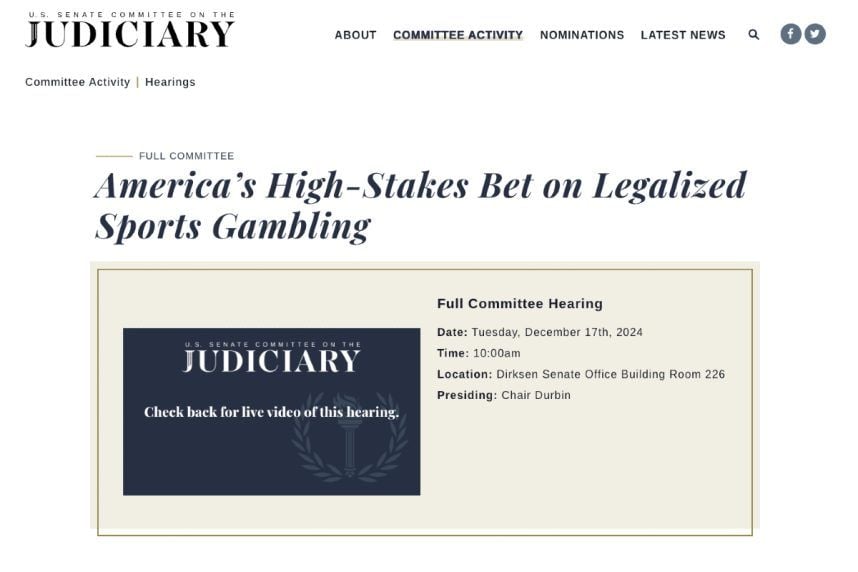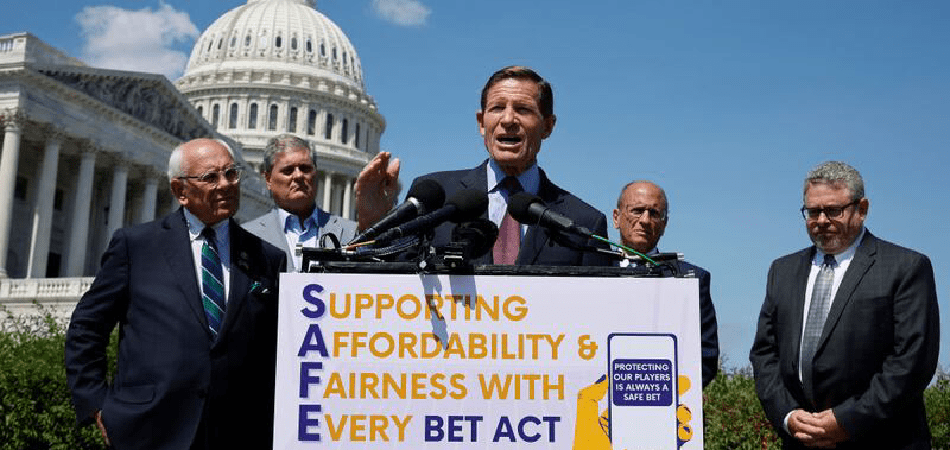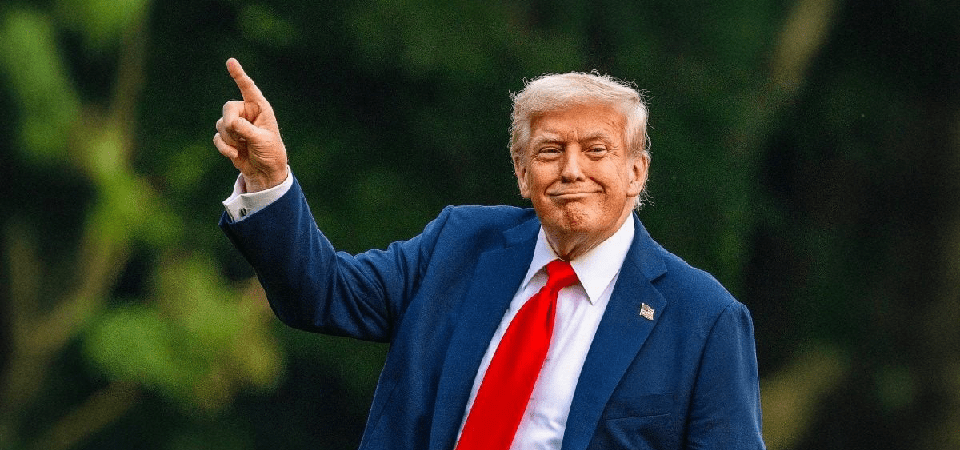SAFE Bet Act Set for Hearing, but It’s a Safe Bet Congressional Bill Won’t Pass
The SAFE Bet Act, presented to Congress in September by House Representative Paul Tonko (D-NY) and Senator Richard Blumenthal (D-CT), is ultimately scheduled for a hearing.
On Tuesday, December 17, the Judiciary Committee of the US Senate will review the legislation aiming to implement a set of federal regulations on the legal sports betting sector to enhance consumer protection. The SAFE Bet Act, which stands for Supporting Affordability and Fairness with Every Bet Act, a title that Tonko, the primary author, appears to have put considerable thought into, is being presented to one of Congress’s most powerful and influential committees.
The Judiciary Committee, led by Sen. Dick Durbin (D-IL), has named the conversation, “America’s High-Stakes Wager on Legalized Sports Betting.” Blumenthal is one of the 21 members of the Judiciary.
Secure Wager SAFE Wager Stalls
Tonko and Blumenthal argue that the swift growth of states permitting sports gambling has negatively impacted society. They think that federal involvement is necessary.
The SAFE Bet Act suggests a set of rules, such as prohibiting all television and streaming advertisements for sports betting from 8 a.m. to 10 p.m., as well as during any live sports events. Specific marketing terms such as "risk-free bets" and deposit incentives would be prohibited.
Sportsbooks would be prohibited from using AI to customize promotions and incentives for players, and conducting affordability checks on players would become standard practice. Wagerers would be restricted to a maximum of five deposits every 24 hours, and credit cards would be prohibited for online betting accounts.
"Whether you’re scrolling on social media, driving down the highway past billboards, or listening to your favorite podcast or radio station, sports betting ads are there to prompt you with an endless cascade of flashy promotions,” Tonko said in September. “This relationship between the gambling industry and sports has reached intolerably dangerous levels. It’s well past time for Congress to step up and make a difference.”
Blumenthal stated that Congress aims not to prohibit gambling but to eliminate “practices that take advantage of and harm individuals.”
The powerful gaming lobby, spearheaded by the American Gaming Association (AGA) in Washington, claims that state legislators have already established consumer protections and that sportsbooks have made significant efforts to safeguard their patrons. The AGA claims they have invested in responsible gaming resources and are dedicated to promoting responsible play.
“Six years into legal sports betting, introducing heavy-handed federal prohibitions is a slap in the face to state legislatures and gaming regulators who have dedicated countless time and resources to developing thoughtful frameworks unique to their jurisdictions, and have continued to iterate as their marketplaces evolve,” said Chris Cylke, the AGA’s senior VP of government relations.
Committee Supervision
The Judiciary Committee possesses extensive legislative authority and primarily functions as a platform for public debate on social and constitutional matters. In May 2018, the US Supreme Court repealed PASPA — the Professional and Amateur Sports Protection Act — which had restricted single-game sports wagering to Nevada.
The pivotal SCOTUS ruling stated that PASPA breached anticommandeering readings of the Tenth Amendment. The court stated that the US government cannot force states, specifically New Jersey in its lawsuit Christie/Murphy v. NCAA, et al., to refrain from an activity while permitting others to partake in that identical activity.
SCOTUS decided that PASPA compelled New Jersey to act contrary to its own best interests. The court stated that while Congress has the authority to regulate sports betting at the federal level, it cannot compel certain states to refrain from actions that others are allowed to take.
"Congress can regulate sports gambling directly, but if it elects not to do so, each State is free to act on its own,” the court opinion read. “Our job is to interpret the law Congress has enacted and decide whether it is consistent with the Constitution. PASPA is not.”
Following the 2018 decision, Congress has chosen not to take action. Consequently, 39 states along with Washington, DC, have enacted laws allowing sports wagering.

The US Senate Judiciary Committee will review the SAFE Bet Act, a bill to regulate sports betting on the federal level. The hearing is scheduled for Tuesday, Dec. 17, 2024







